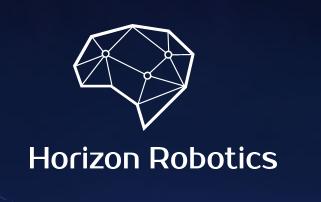Large-scale robot learning has recently shown promise for enabling robots to perform complex tasks by integrating perception, control, and language understanding. Yet, it struggles with long-horizon, contact-rich manipulation such as deformable object handling, where demonstration quality is inconsistent. Reward modeling offers a natural solution: by providing grounded progress signals, it transforms noisy demonstrations into stable supervision that generalizes across diverse trajectories. We introduce a stage-aware, video-based reward modeling framework that jointly predicts high-level task stages and fine-grained progress. Reward labels are automatically derived from natural language subtask annotations, ensuring consistent progress estimation across variable-length demonstrations. This design overcomes frame-index labeling, which fails in variable-duration tasks like folding a T-shirt. Our reward model demonstrates robustness to variability, generalization to out-of-distribution settings, and strong utility for policy training. Building on it, we propose Reward-Aligned Behavior Cloning (RA-BC), which filters high-quality data and reweights samples by reward. Experiments show the reward model alone outperforms baselines on validation and real robot rollouts. Integrated into RA-BC, our approach achieves 83\% success on folding T-shirts from the flattened state and 67\% from the crumpled state -- far surpassing vanilla behavior cloning, which attains only 8\% and 0\% success. Overall, our results highlight reward modeling as a key enabler for scalable, annotation-efficient, and robust imitation learning in long-horizon manipulation.
翻译:暂无翻译




